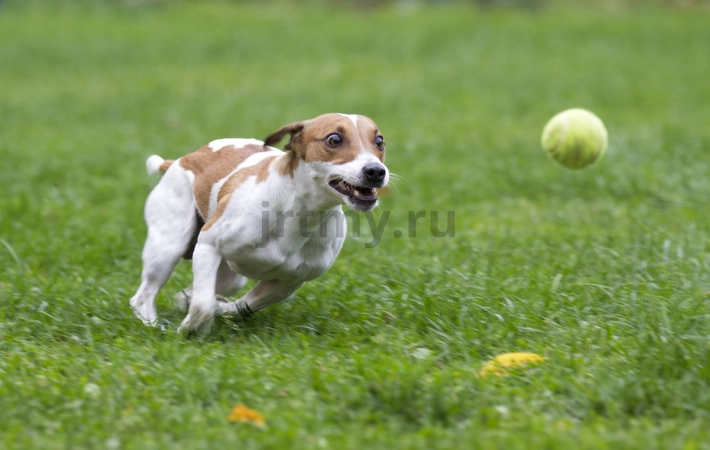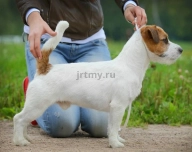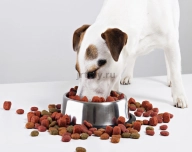Can I encourage a dog if he is excited?
Can I encourage a dog if he is excited?
A happy dog is a beautiful thing. But, you must agree, if he is excited to such an extent that he can not be controlled, it is not joy, but a problem. Still, many people are convinced that a dog should be happy non-stop, and so they try to make it every minute to experience bright positive emotions.

This is precisely the case when our misconceptions can become a serious threat to the well-being of the dog. Try to put yourself in its place: would you like to be in a state of euphoria around the clock, be happy, or be admired?
The picture is not so. Remember that happiness is sometimes very tiresome: strong emotions require serious energy, and any living creature sometimes wants to relax, and sometimes - just relax and even submerge, which is also useful.
Scientists have found out that people who constantly make a "good mine at a bad game" and try to look happy forever, not allowing themselves to be angry or worried, are in fact in a much more difficult psychological state than those who sincerely experience both joy and grief.
Negative emotions are as important as positive emotions because they form the right mental reactions. Wine and shame are directly related to morality, anger helps to understand injustice, and sadness helps to survive tragedies. In the end, good becomes "good" only in comparison with bad.
Moreover, many doctors and psychiatrists recommend developing the ability to calm down in time and maintain this state even under severe stress. This skill helps to cope with the situation faster, take control of adrenaline and cortisol levels, and eventually make the right, thoughtful decision.
The same is true for dogs, although in a slightly different sense. Often, when a dog runs around, wags its tail, and barks uncontrollably, we mistakenly believe that this way it expresses delight, showing how happy it is. These are just signals of intense excitement. If you do not take any steps, it can easily reach a level that will get out of control and lead to serious stress.
Remaining excited for a long time, the dog begins to experience difficulties with concentration and control of impulses. Here is a simple example for you. You are going for a walk, and the dog, in anticipation of a wonderful pastime, has a lot of fun jumping on the spot, bouncing on the door, and throwing toys. It is a pleasure to see her happy because she is very excited and looks very happy.
However, as soon as you walk out the door, you meet a neighbor's dog, which your dog bums up like crazy. He vomits the leash, trying to chase every bird or cat, even though you try hard to hold him and loudly repeat the forbidding commands. As you can see, such a nice excitement before leaving quickly reached a level that made it very difficult to walk and deprived both of the expected pleasure.
It is important to understand that the happiness of a dog is more than a constant energetic wagging of the tail. A truly happy dog walks next to his beloved owner, who remains calm in any situation. This becomes possible only if a person trusts his dog and is confident that his pet can cope with excessive excitement.
The most important step toward an understanding of the dog is the correct assessment of its behavior. Excitement is sometimes just excitement, but not necessarily joy. A dog must be able to be calm and be able to calm down, and sometimes, like any living creature, it may just have a bad mood.
If your dog is prone to uncontrolled excitement, it is probably worth reconsidering the strategy of communicating with him, focusing on calm interaction without unnecessary bursts of emotions. It may be necessary to work in some situations, such as leaving the house and staying strong when there are serious distractions. All the pleasant things are good in moderation.



